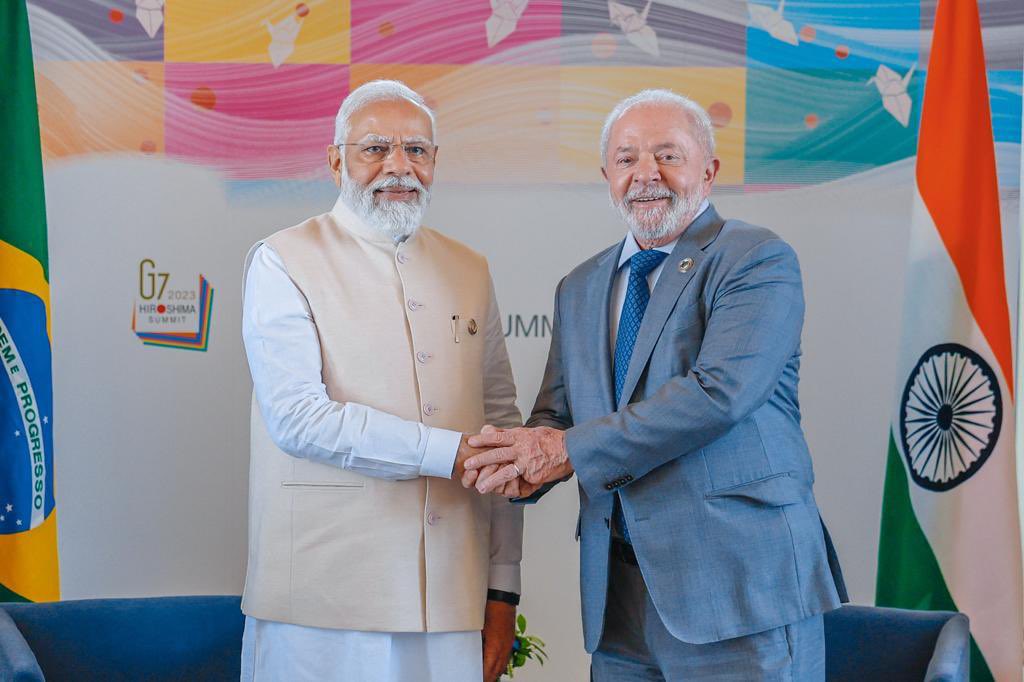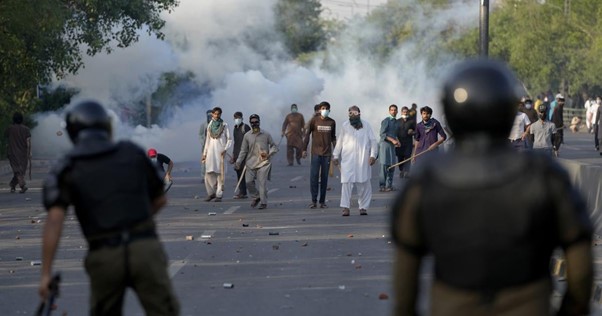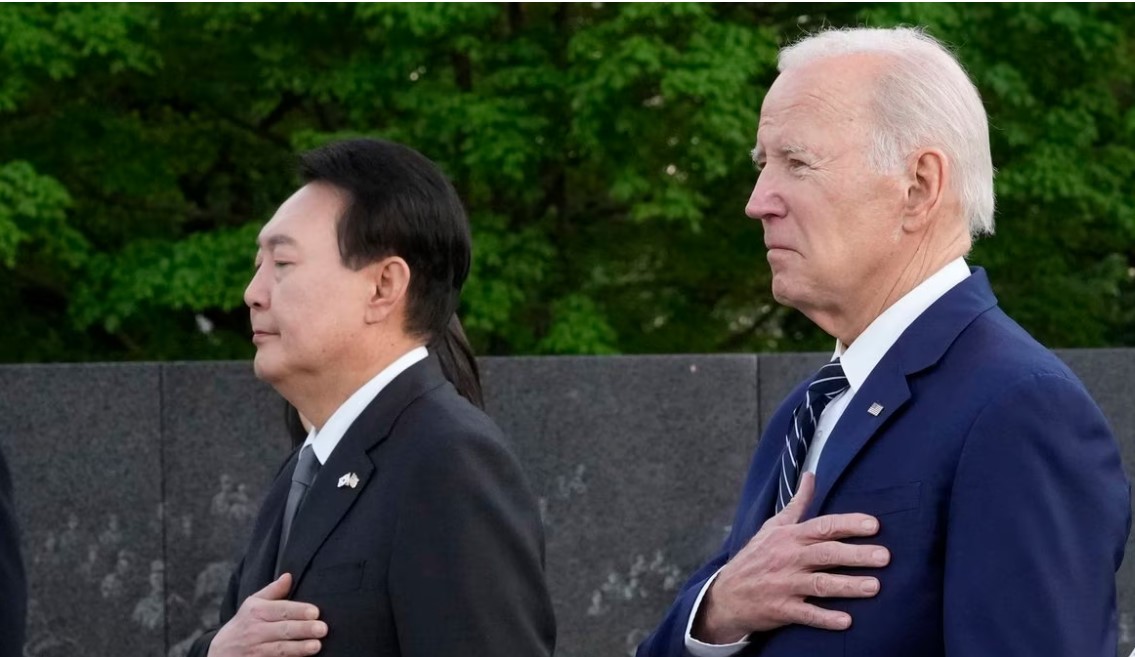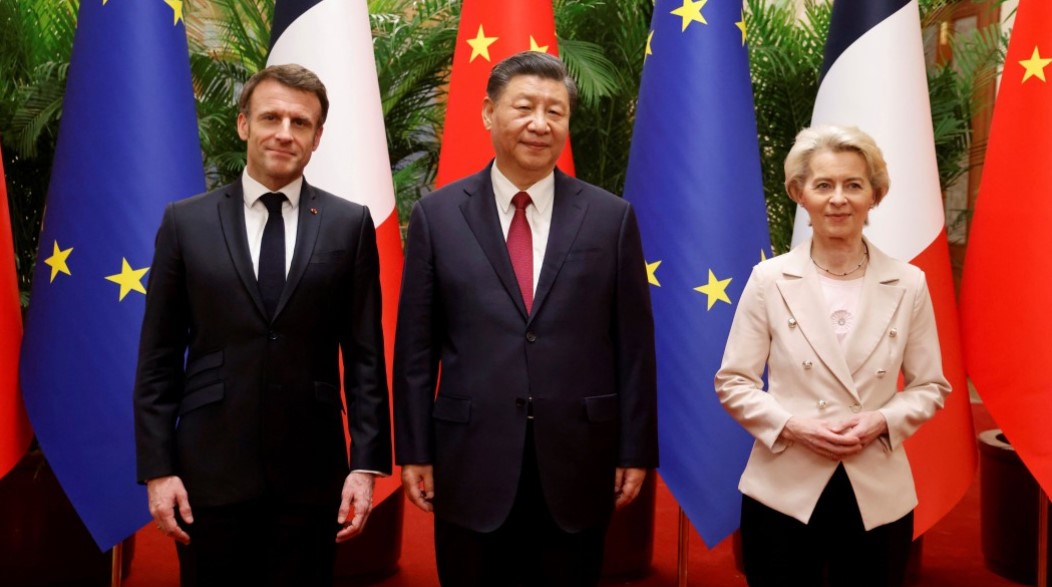The Economics of War: Profiteering, Militarism, and Imperialism by Imad A. Moosa
Sat, 23 Apr 2022 | Reading Time: 2 minutes
The Economics of War:
Profiteering, Militarism, and Imperialism
Imad A. Moosa
Edward Elgar Publishing, Inc.
Massachusetts (01060)
USA
Time immemorial war has been a part of human history, becoming increasingly destructive because of industrialisation and technological progress. Throughout history, warring countries have fought over resources, including gold, silver, cattle, horses, and even humans who would serve as slaves. A war of aggression can be initiated when a country invades another country to grab land either for living space, agricultural use, or other purposes. The Nazi invasion of the Soviet Union in 1941was motivated by such a desire and so was the occupation of Algeria by France. Recently, wars of aggression have been motivated by the desire to grab oil, minerals, and even agricultural land. Hence the book, “The Economics of War: Profiteering, Militarism and Imperialism” by Imad A. Moosa.
Taking the US invasion of Iraq as the backcloth, Imad brings out how dreadful things occur because of the presence of powerful beneficiaries. The author takes its inspiration from US Major General Smedley D Butler’s book ‘War is a Racket’ through which the author explores historic and contemporary incidents of war profiteering, showing how individuals, companies and war-mongering states have increased their wealth by supplying weaponry, mercenaries, provisions, and finance in times of war. Citing multiple historic wars, the book describes how imperialism is the highest stage of capitalism, co-relating how bombs and rockets cost a lot of money- without war, the firms that produce bombs and rockets go out of business and their CEOs lose their bonuses, highlighting why war is essential for the profitability of companies and the imperialist state of the world. The book is well represented with cumulative figures showcasing the top twelve arms importers since 1950, top military spenders in 2017, top 25 companies in arms sales and CEO pay in top US military contractors ($ million, 2016), etc.
Putting the US invasion of Iraq as a piece of cake, Imad A. Moosa cogently puts how the brutal assault launched on the people of Iraq has added to their sufferings and destruction of the nation, which was justified in terms of disarming Iraq of weapons of mass destruction and revenge for the 9/11 attacks, and, when weapons of mass destruction were not found, the excuse changed to the desire to liberate the people of Iraq from a despot which ended up killing more Iraqis then the despot could have imagined in his wildest dream. These reasons provide perfect smokescreens that hide the real motive, profiteering one way or the other.
Finally, the author examines the question of whether the potential economic gains and losses associated with war may make the difference between war and peace, between conflict and coexistence with a rising power that challenges the authority of the existing hegemon, imparting answers that if a rising power threatens the authority of the existing hegemon, is the war between them inevitable or will economic ties and the mutual benefits arising from trade in a peaceful environment curb the desire for military spending.
Providing a contemporary, in-depth analysis of the economics of war, this book is critical for academics and students of war studies, international relations and military and political history. Policymakers will also benefit from this book’s comprehensive analysis of wartime policy and practice.
Disclaimer
The opinions expressed in this article are the author’s own and do not reflect the views of Chanakya Forum. All information provided in this article including timeliness, completeness, accuracy, suitability or validity of information referenced therein, is the sole responsibility of the author. www.chanakyaforum.com does not assume any responsibility for the same.
Chanakya Forum is now on . Click here to join our channel (@ChanakyaForum) and stay updated with the latest headlines and articles.
Important
We work round the clock to bring you the finest articles and updates from around the world. There is a team that works tirelessly to ensure that you have a seamless reading experience. But all this costs money. Please support us so that we keep doing what we do best. Happy Reading
Support Us




















POST COMMENTS (0)